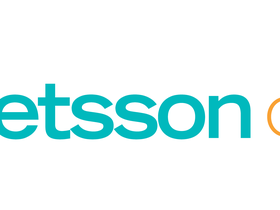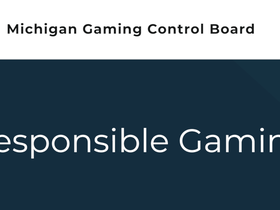A bill that calls for expanded iGaming in Indiana includes several responsible gaming directives for regulators and operators that, if passed, would create a framework to protect individuals with a gambling problem.
Indiana currently has online sports betting. Earlier this month, Rep. Ethan Manning (R-Logansport) filed a bill, HB 1536, which would allow the state’s 12 land-based casinos to each run three online skins for casino gaming and online poker in Indiana.
The bill calls for the Indiana Gaming Commission (IGC) to begin accepting applications for online casino licenses starting July 1, with the market launching on September 1. Online casino gaming would be taxed at a rate of 20%.
On the responsible gaming front, HB 1536 calls for establishing an interactive gaming fund to be administered by the IGC. The fund would have a maximum balance of $2 million every fiscal year. It would receive its funding from the $500,000 initial licensing fee and the $50,000 annual renewal that all online casino operators would pay in the Hoosier State.
Any amount over the $2 million threshold would go to the state’s general fund.
The fund would be used to advertise and promote problem gambling resources’ availability and administer the IGC’s self-exclusion list. The fund would also provide grants to organizations focused on preventing and treating compulsive gambling, including education efforts.
Under a section of the bill devoted to responsible interactive gaming, the IGC is tasked with developing and confidentially maintaining a statewide responsible gaming database that would help identify individuals who are prohibited from establishing an online account with an operator or gambling on an operator’s website.
The IGC would be responsible for adopting the rules for establishing and implementing a voluntary exclusion program for online casino gaming. The bill calls for the IGC to “make all reasonable attempts” to get operators to agree not to send direct marketing materials to individuals on its self-exclusion list. Still, it wouldn’t prevent operators from seeking payment for a debt incurred by an individual before they entered the program.
The regulator would have the authorization to eject or exclude anyone from online casino gaming if they’re on the voluntary self-exclusion list. IGC could also remove individuals where “conduct or reputation” could interfere with the honesty, integrity, or “orderly conduct” of online casino games.
Operators must display a toll-free telephone helpline for problem gambling assistance. They would also need to put mechanisms in place for both temporary and permanent self-exclusion, including the ability to terminate an interactive wagering account and to set daily, weekly, and monthly limits on deposits and spending.
HB 1536 also calls for immediately enacting self-imposed wagering or deposit limits. However, individuals that previously imposed limits on deposits and spending would need to wait to make changes until the previous limits expired.
Lawmakers face a February 27 deadline to pass HB 1536 in the House of Representatives before it moves on to the Senate. The Indiana General Assembly adjourns sine die on April 29. Previous efforts to expand iGaming in Indiana fell short in 2021 and 2022.




